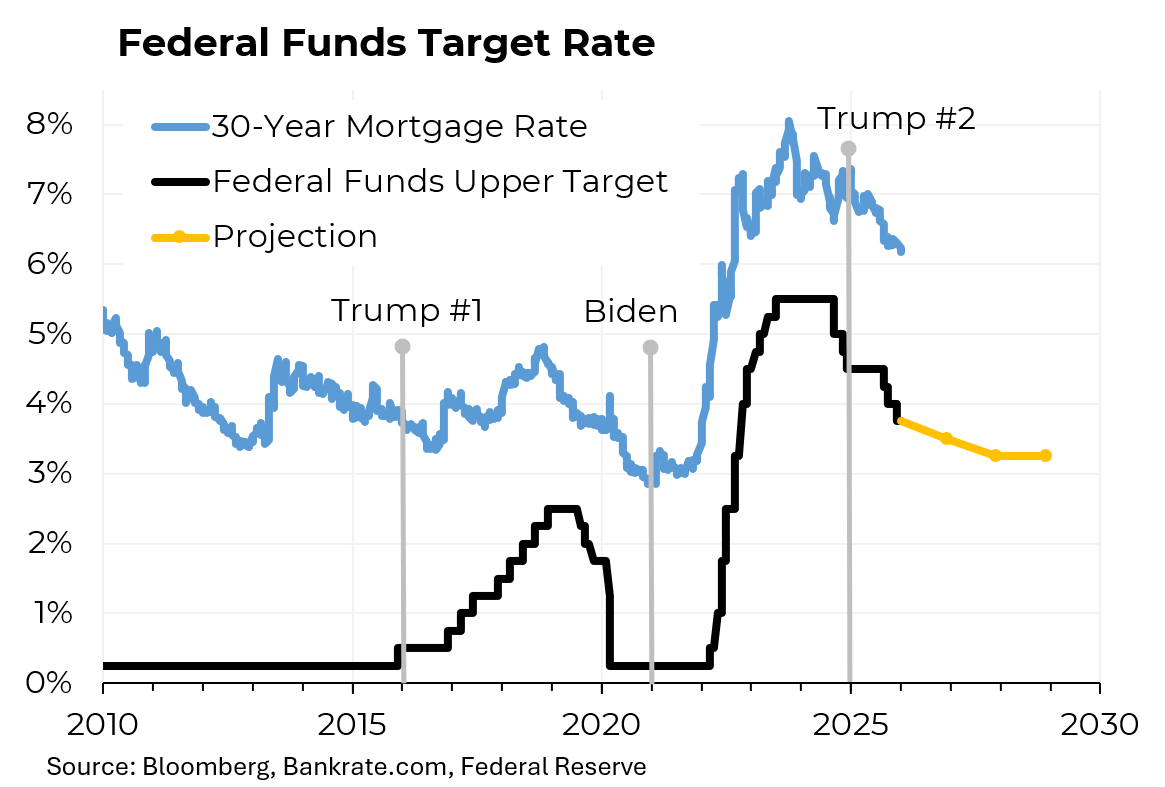Originally published in the New York Times
We don’t yet know whether our economy will take the icy plunge off the fiscal cliff, but do we know this: At present course and speed, any budget deal that emerges from the intense brinkmanship now under way would fall short of every sensible ambition for fiscal reform.
Forget about balancing the budget. Forget about paying down any of the government’s $11 trillion of obligations (the debt owed to the public). Nor will the package currently being discussed achieve the minimal target of centrist deficit hawks (myself among them), that of stabilizing the rate in which the national debt is growing in relation to the economy.
Battered by four years of trillion-dollar-plus deficits, this “debt-to-G.D.P.” ratio has climbed from 36 percent in 2007 to 73 percent at present. Halting its rise would require at least $4 trillion of revenue increases and spending reductions (including the nearly $1 trillion of savings enacted last year) over the next decade.
President Obama has put on the table a package that should be commended for its willingness to both increase taxes on the wealthy and at least dent the mushrooming costs of entitlement programs, most importantly Medicare.
But “scored” fairly, the Obama plan would contribute about $3 trillion to lower projected deficits, at least $1 trillion short of what’s needed.
The Republicans are much further from the mark, having not yet even put forward a formal plan. However, none of the intimations from their leaders suggest that their plan will exceed the White House’s in size.
While the Republicans have importantly conceded on the need for tax increases, they’ve vociferously objected to Mr. Obama’s proposed $1.6 trillion in added revenue as excessive. On Sunday, the House speaker, John A. Boehner, said that he would support around $800 billion of new revenue over the next decade, similar to what he offered during budget negotiations with Mr. Obama in July.
And on the spending side, while criticizing Mr. Obama’s proposals as too timid, the policy changes that the Republicans have endorsed – such as raising the Medicare retirement age and slowing cost-of-living increases for Social Security – fall well short of Mr. Obama’s.
Both sides appear more interested in reaching an understanding that avoids the cliff than in achieving the full range of necessary reforms.
And forget about the huge overhaul of our Rube Goldberg tax system and government spending priorities dreamed about by fiscal reformers. What’s likely to emerge will be better described as tweaks, and maybe not so many of those.
The bible of deficit hawks – the report of the Simpson-Bowles commission – now feels quaint, with its talk about rewriting the tax code to eliminate loopholes and lower rates, not to mention its call to revamp federal spending to emphasize investment programs that will aid American competitiveness and growth.
Perhaps a surge of courage will inspire Congress and the White House to embrace more sweeping change.
But the brutal process of stabilizing America’s fiscal problem is so charged with political peril, for Congress and the White House alike, that the willingness to go big and to go bold seems likely only to diminish as the cliff steadily approaches.





